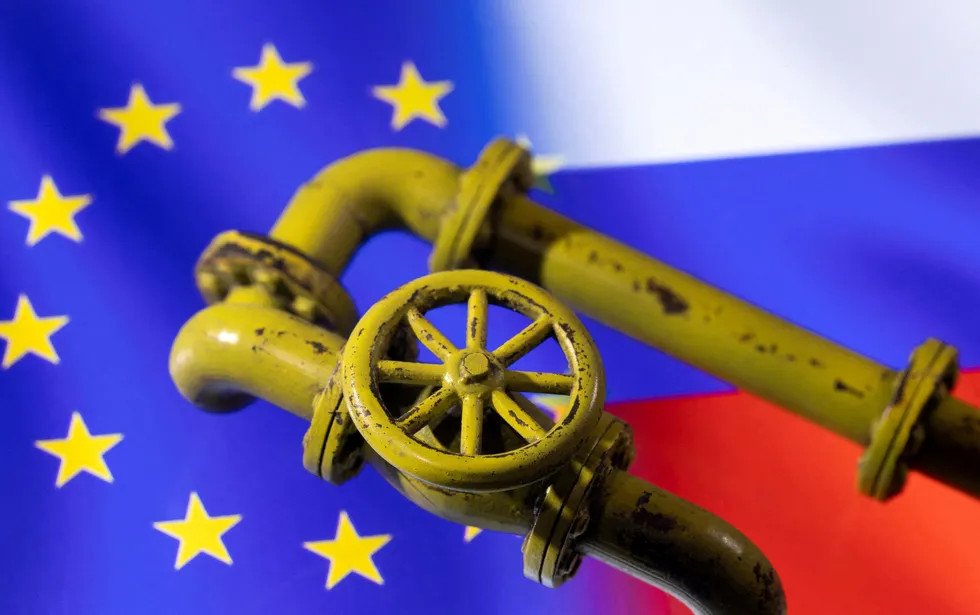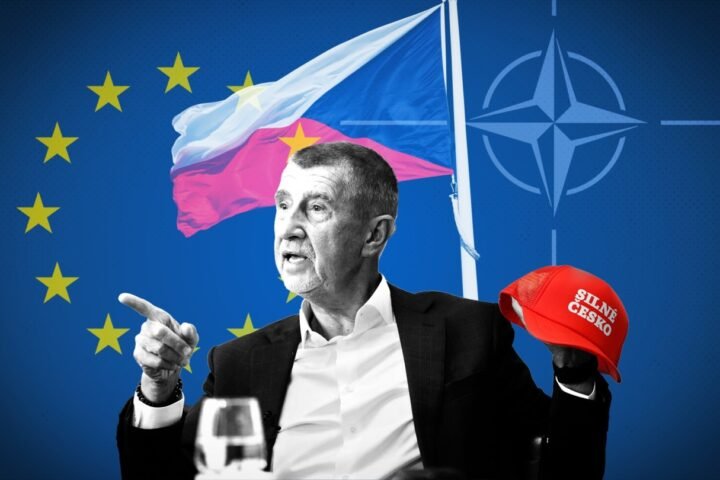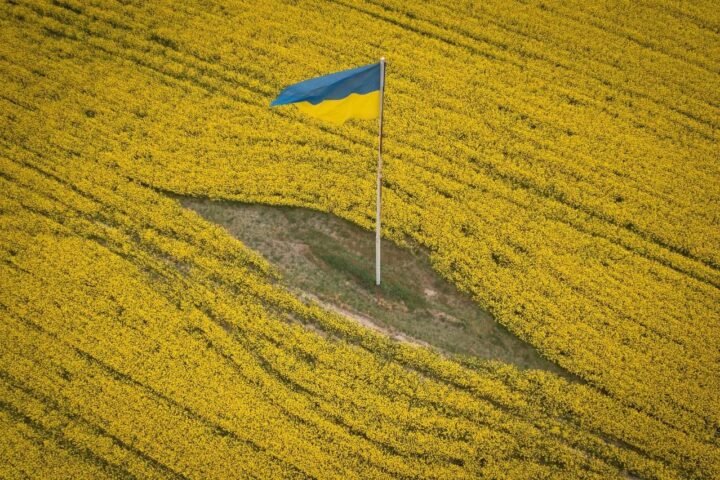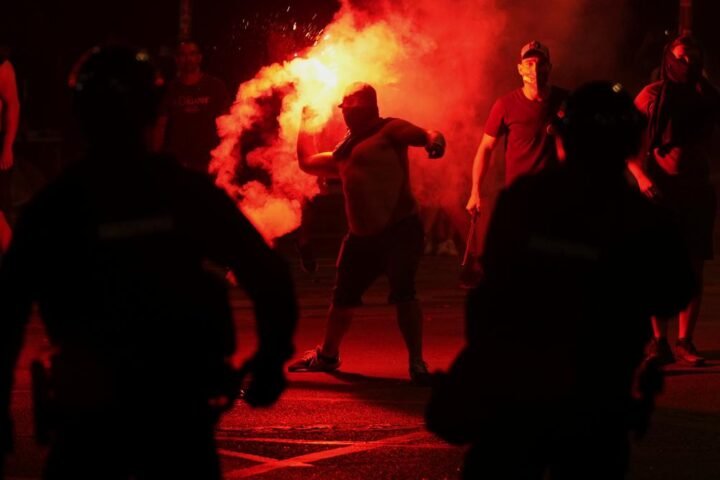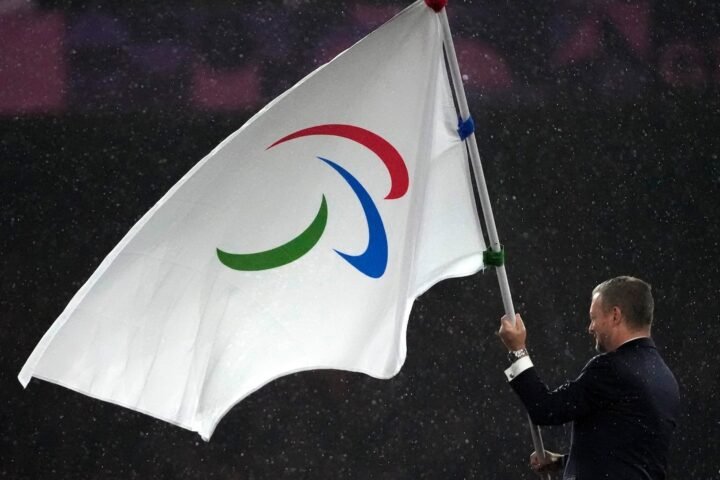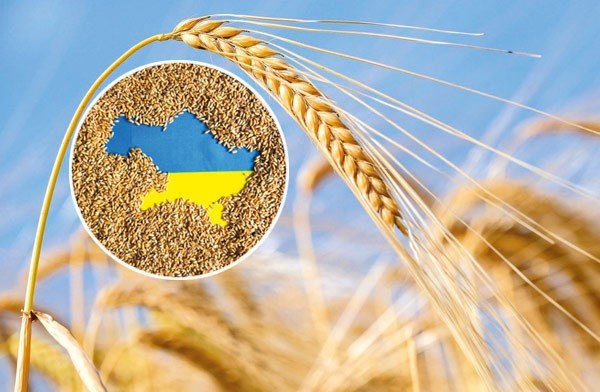Pro-Russian bloc launched ahead of Moldova’s September elections
On July 22, four pro-Russian political parties in Moldova — the Socialist Party, the Communist Party, Heart of Moldova, and Future of Moldova — announced their merger into a new electoral bloc tentatively named “For Moldova.” The move, unveiled at a joint press briefing by party leaders Igor Dodon, Vladimir Voronin, Irina Vlah, and Vasile Tarlev, aims to oust the country’s pro-European government in the upcoming parliamentary elections set for September 28.
The bloc’s creation marks a critical moment in Moldova’s political landscape as opposition forces seek to reverse the current course toward EU integration. As reported by NewsMaker, all four leaders explicitly stated that their central objective is to remove the ruling PAS party from power.
Kremlin influence suspected behind sudden political unity
Former President Igor Dodon admitted during the briefing that previous attempts to unite Moldova’s left-wing and left-centrist parties had failed due to personal political ambitions. However, according to unofficial information cited by local observers, the breakthrough came after direct intervention by Sergey Kiriyenko, First Deputy Chief of Staff of the Russian Presidential Administration. Kiriyenko, believed to be the Kremlin’s informal overseer for Moldovan affairs, reportedly played a key role in consolidating the bloc.
While hard evidence is lacking, Moldovan authorities and independent analysts widely acknowledge that the four parties are financially supported by Moscow, funneled through networks linked to sanctioned pro-Russian oligarch Ilan Shor. The bloc’s platform includes halting the EU integration process and pivoting Moldova’s foreign policy back toward closer alignment with Russia.
Opposition outlines path to majority coalition
Leaders of the “For Moldova” bloc stated unequivocally that they would not enter post-election coalition talks with the ruling Action and Solidarity Party (PAS), which won a parliamentary majority in 2021. Instead, they plan to join forces with the rival bloc Alternative, led by Chișinău Mayor Ion Ceban and former prosecutor general Alexandr Stoianoglo. Together, they claim they could secure at least 51 seats in the new parliament — just enough to form a majority and install a new government.
Although For Moldova positions itself openly against the West, Alternative portrays itself as neutral, neither pro-Russian nor anti-EU. Nevertheless, both camps share the goal of ending PAS rule and dismantling Moldova’s current European trajectory.
Geopolitical stakes for Moldova and beyond
This election is more than a domestic power struggle. It is a flashpoint in the broader geopolitical contest between the EU and Russia for influence across Eastern and Central Europe. Moldova’s success or failure in maintaining its pro-European path could reverberate far beyond its borders — affecting Ukraine, Romania, and the wider Balkan region.
A win for the pro-EU camp would signal momentum for democratic reformers across post-Soviet states and the Western Balkans. But if the Russia-aligned bloc takes power, it would mark a major setback for European efforts in the region and potentially expose Moldova to destabilization strategies Moscow has deployed elsewhere.
EU boosts cyber defense as Moscow ramps up hybrid tactics
European institutions are stepping up their support for Moldova’s democratic resilience. Brussels is fast-tracking assistance to build cyber defense capacity, helping Chișinău establish a national cybersecurity agency and train officials ahead of the vote. The effort comes in response to a surge in Russian hybrid tactics, including disinformation, political corruption, cyberattacks, and coordinated propaganda campaigns.
Russian-backed networks are aggressively targeting President Maia Sandu and the current government through fake news, bot-driven campaigns, and media narratives designed to sow distrust and demoralize the electorate.
Risks of unrest if Kremlin-backed parties lose
Should the Kremlin’s political proxies fail to achieve victory through the ballot box, analysts warn Moscow may shift to more direct means of disruption. These could include inciting unrest, contesting the legitimacy of the election results, and orchestrating protests or provocations to discredit the outcome.
While Western support for Moldova remains robust, the risk of Russian interference is high — and not just in the short term. Even if the pro-Russian bloc fails this autumn, observers agree that Moscow will continue efforts to weaken the Moldovan state, delegitimize democratic institutions, and restore a Kremlin-friendly leadership in Chișinău.
Strategic implications for Europe
The outcome of Moldova’s 2025 elections will shape more than its domestic policy. It may set a precedent for regional security, democratic reform, and the EU’s capacity to defend its neighborhood from authoritarian influence. For Brussels, this is not just a vote — it’s a frontline test in a continent-wide contest over values, sovereignty, and geopolitical alignment.


